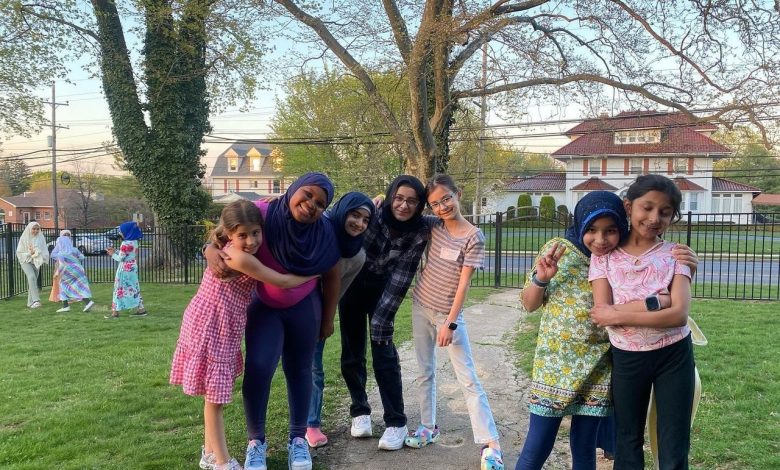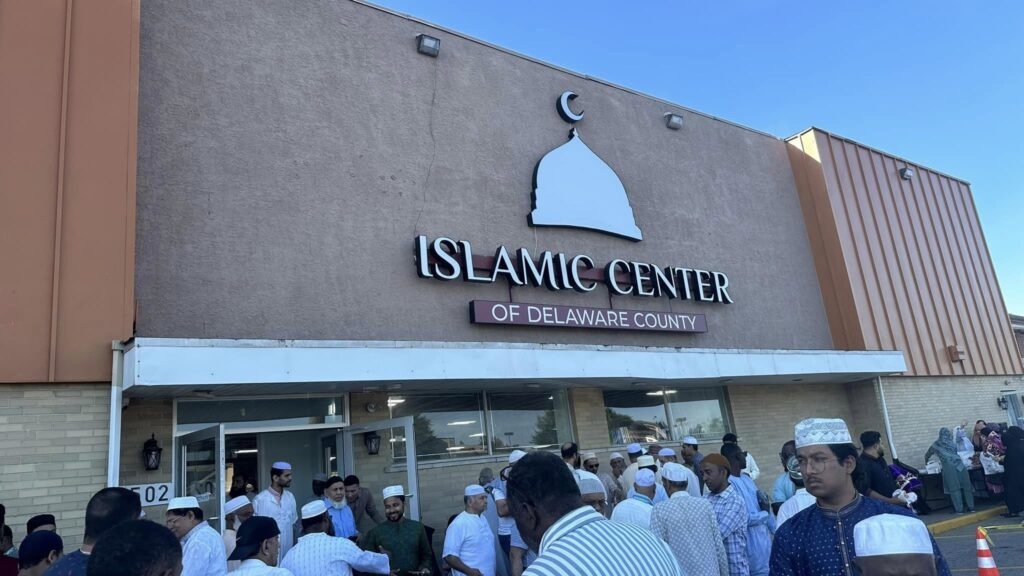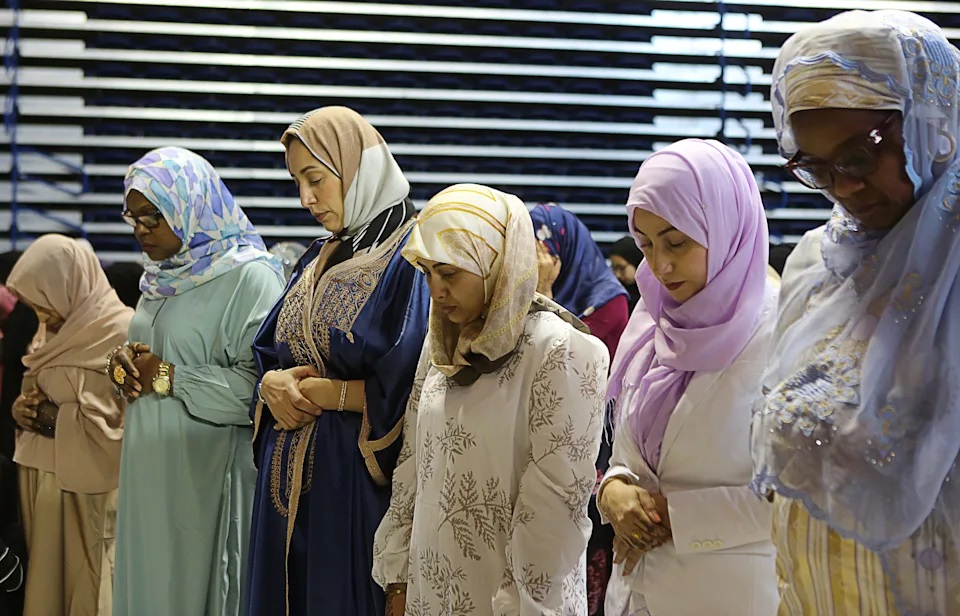The Muslim Community in Dover, Delaware: Growth, Culture, and Community Impact
Exploring how Dover’s diverse Muslim population enriches the city through faith, culture, entrepreneurship, and community service.

The Muslim community in Dover, Delaware has grown steadily over the past two decades, transforming the city’s cultural fabric and contributing to its economic and social vitality. What was once a relatively small group has expanded into a vibrant, diverse, and well-organized community that includes families from South Asia, the Middle East, Africa, the Caribbean, and African American Muslims with deep historical roots in Delaware.
Today, Dover’s Muslim community stands as a testament to the city’s increasing diversity and its openness to cultural and religious expression.
A Diverse Community Anchored by Faith
Islamic life in Dover is centered around the Dover Islamic Center and nearby mosques that serve families throughout Kent County. These institutions offer much more than prayer services—they function as community hubs, providing:
-
Daily and weekly congregational prayers
-
Islamic education programs for children and adults
-
Qur’an and Arabic classes
-
Community events, Eid celebrations, and interfaith gatherings
-
Charity initiatives supporting both Muslims and non-Muslims in need
Through these activities, the community preserves its religious identity while fostering unity among its diverse cultural groups.

Cultural and Social Influence in the City
The rise of halal restaurants, Middle Eastern grocery stores, and multicultural events reflects the growing Muslim presence in Dover. Halal markets now supply the community with foods from across the Muslim world, and international restaurants introduce non-Muslim residents to new tastes and culinary traditions.
Annual events such as Eid festivals, interfaith open houses, and community service days help strengthen relationships between Muslims and the broader Dover population. These events play a crucial role in building understanding, reducing misconceptions, and showcasing the community’s commitment to civic involvement.
Economic Contribution and Entrepreneurship
Many Muslim families in Dover are entrepreneurs, small business owners, and essential workers in fields such as:
-
Healthcare
-
Transportation and logistics
-
Small retail businesses
-
Education and public service
-
Technology and engineering
Their businesses—ranging from convenience stores to restaurants to professional services—are vital to Dover’s local economy. These establishments create jobs, support economic growth, and enrich the city’s multicultural marketplace.
Youth Leadership, Education, and Community Empowerment
Dover’s Muslim youth are becoming increasingly active in community development, education, and civic engagement. Local mosques host youth leadership programs, tutoring sessions, sports activities, and college-readiness workshops.
Many Muslim students attend Delaware State University (DSU), where they participate in student organizations, cultural events, and interfaith initiatives. This growing academic presence strengthens the connection between the Muslim community and the city’s educational institutions.

Interfaith Relations and Community Outreach
A significant aspect of the Muslim community’s growth in Dover is its dedication to interfaith cooperation. Mosques regularly welcome neighbors, local clergy, and community leaders for educational exchanges. These efforts promote:
-
Mutual understanding
-
Respect for religious diversity
-
Stronger community cohesion
Through charity drives, food pantries, and volunteer programs, Dover’s Muslim residents consistently support vulnerable populations across the city—demonstrating Islam’s values of compassion, generosity, and service.

Looking Ahead: A Community Rooted in Faith and Growth
As Dover continues to develop, its Muslim community is expected to expand further—bringing:
-
Greater cultural diversity
-
Stronger civic engagement
-
More halal businesses and community services
-
Broader representation in local institutions
With its resilience, unity, and commitment to faith and service, the Muslim community remains an integral part of Dover’s identity and future.



